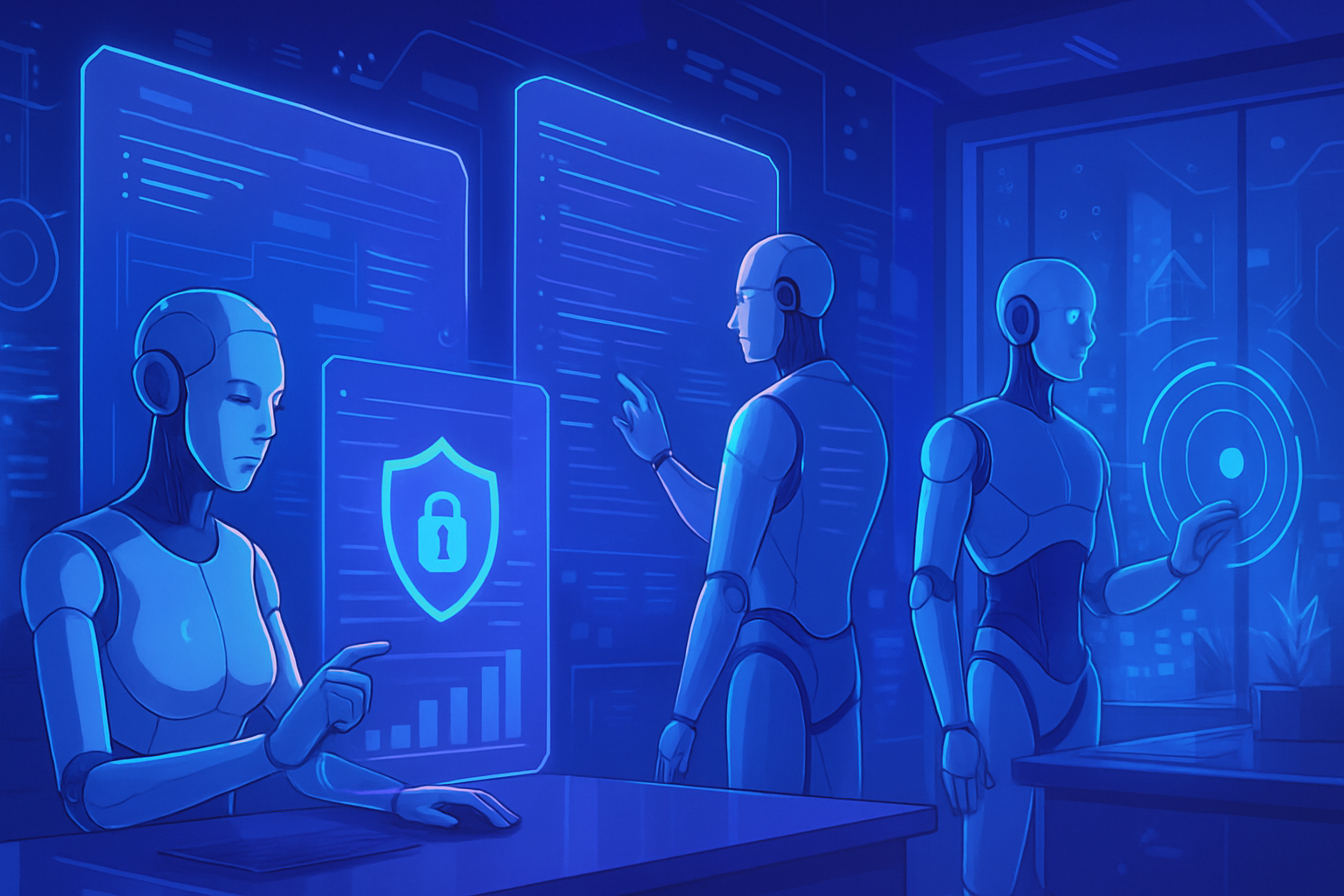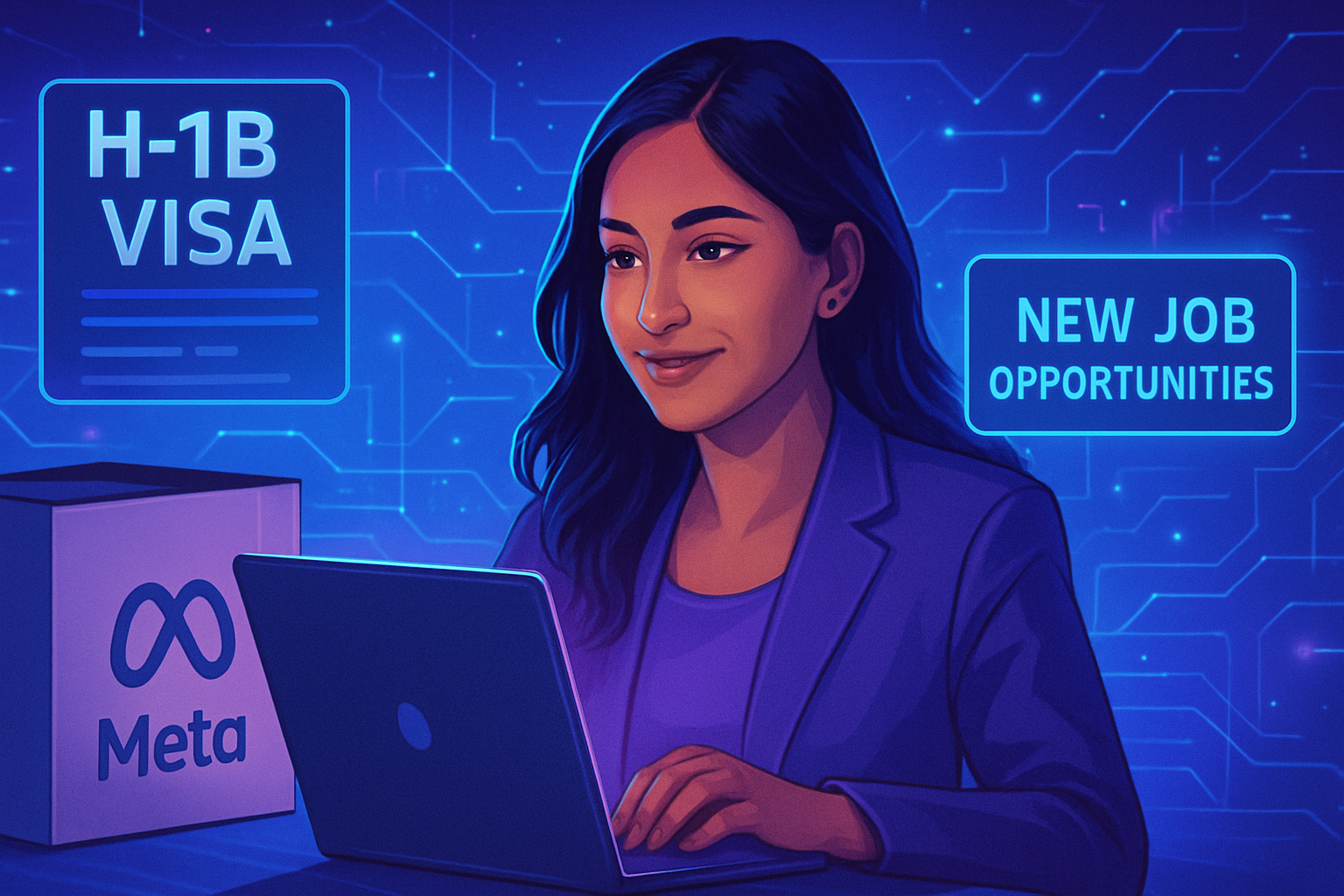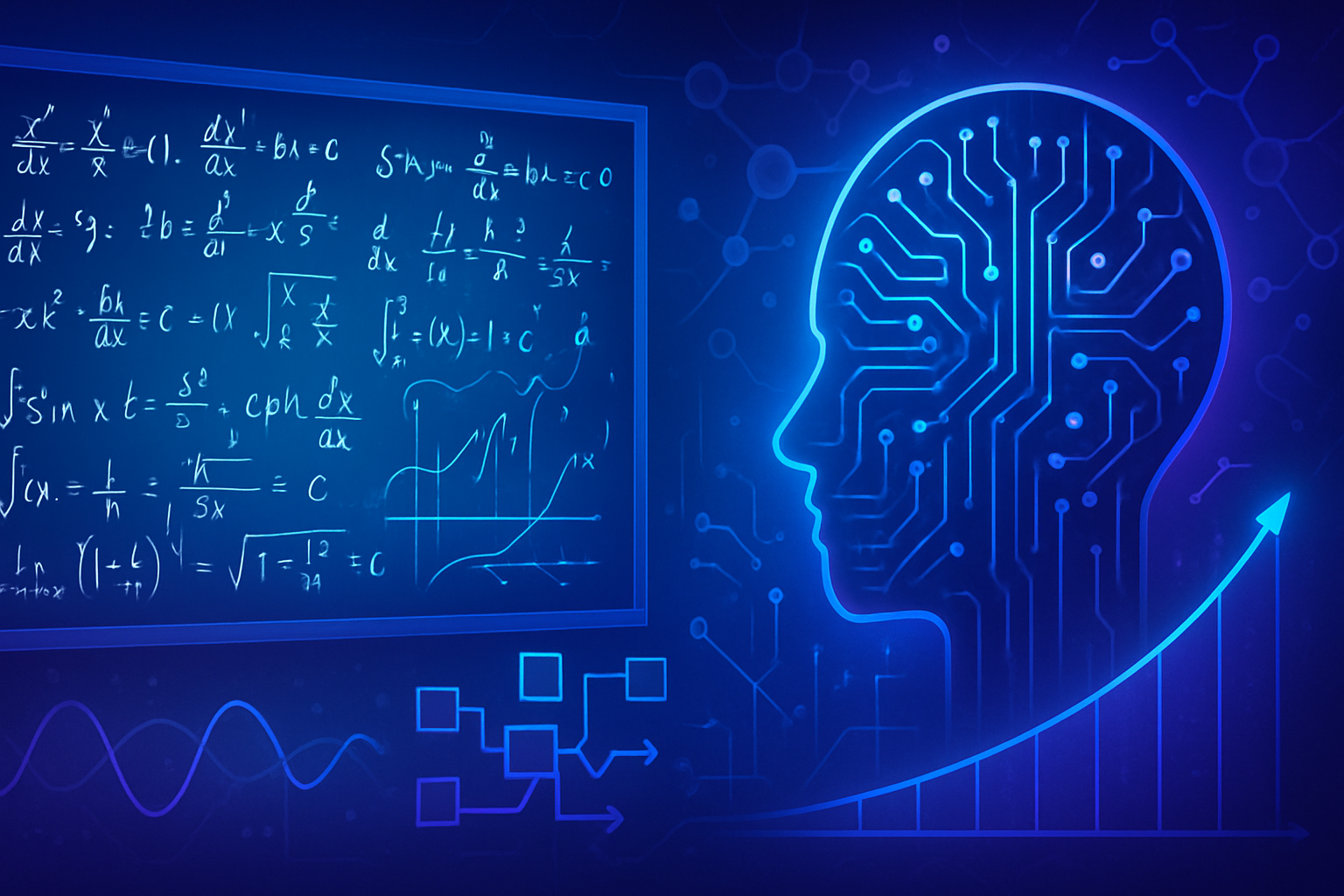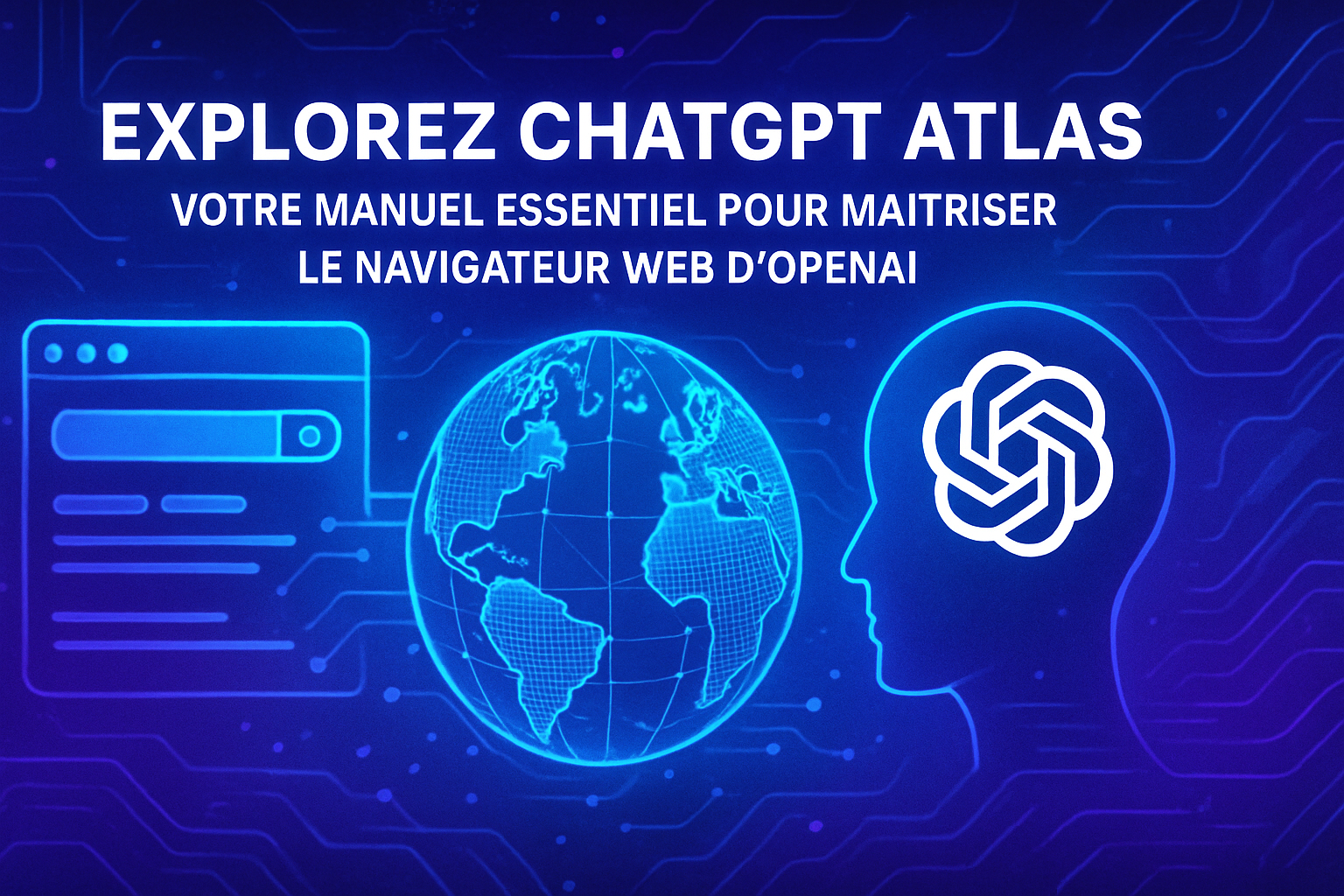Meta, currently undergoing transformation, is substituting humans with AI in its review of privacy obligations. Far from a simple adjustment, this strategy reflects crucial issues related to regulatory compliance. As the Federal Trade Commission imposes strict requirements, Meta is equipping itself with new technologies to optimize its compliance processes. This radical reorganization aims to reduce risks while improving efficiency. The digital revolution is redefining paradigms of personal data management and raises ethical questions, fundamental to the future of privacy protection.
Replacement of Employees with AI
Meta, the technology company led by Mark Zuckerberg, has made the strategic decision to replace some of its employees in its risk management organization. This initiative aims to integrate artificial intelligence (AI) to ensure product compliance. The movement is set against a backdrop where the company is adapting its processes to meet the demands of international regulators following heavy sanctions.
Legal and Regulatory Context
After a $5 billion fine imposed by the Federal Trade Commission (FTC) following the Cambridge Analytica scandal, Meta has implemented significant reforms. The group had to restructure its strategy around data privacy, thereby strengthening its risk management organization to ensure strict compliance with legal standards.
AI Technology and Data Governance
The Chief of Privacy and Product Compliance, Michel Protti, announced that the use of AI aims to automate compliance review processes. Rather than relying solely on human experts, the company has developed a system that uses simplified automation tools. The goal is to reduce the time spent on decisions while minimizing human errors in risk assessments.
Organizational Changes
The recent restructuring has also led to the elimination of approximately 600 positions within the AI Superintelligence lab. However, the TBD Labs division, which focuses on advanced AI developments, was not affected by these cuts. This distinction indicates Meta’s intention to continue innovating while adapting its operations.
Compliance Interoperability
A spokesperson for Meta commented that their compliance program has become one of the most sophisticated in the industry. The integration of AI allows for the establishment of standardized rules and processes tailored to products, thus facilitating immediate evaluation of legal requirements. This movement aims to make compliance more effective and less costly in human resources.
Future of AI at Meta
Meta continues to explore the possibilities offered by artificial intelligence. The company is developing tools that do not make autonomous decisions but aid in the automatic identification of applicable legal requirements. This enables teams to focus more on critical decisions while increasing the reliability of processes.
Impact on Employees and the Sector
This shift towards automation is provoking a mix of concerns and expectations. Employees see their traditional roles compromised, while the industry observes a trend towards the adoption of advanced digital tools. Other companies, such as Alibaba, are also considering similar strategies to enhance their performance while reducing costs. This raises questions about the future of jobs in the face of the rise of AI.
Similar Initiatives in the Sector
Other market players are testing innovative approaches. For example, Deloitte recently had to reimburse the Australian government after what they considered problematic AI integration practices. Initiatives discussing the impact of AI have significantly increased, highlighting a shared challenge around the ethical and societal implications of this technology.
Related Technologies and Advances
Meta has also taken note of advancements in the field of AI in medicine, such as Google’s new tool that identifies genetic factors of diseases. Such developments reflect a growing trend towards a more responsible and efficient use of AI across various industries. They involve deep reflection on the interaction between humans and machines in decision-making processes.
Frequently Asked Questions
Why did Meta decide to use AI for its compliance reviews?
Meta opted for AI to automate the compliance review process and improve the efficiency of its risk management system, following its restructuring imposed by the FTC.
What are the benefits of using AI in compliance reviews at Meta?
The use of AI allows for reduced time spent by experts on decision-making, while minimizing human errors and ensuring stricter adherence to regulatory standards.
How does AI impact employee work in the compliance sector at Meta?
AI leads to workforce reductions in the compliance organization, and teams must now adapt to automation tools that change their responsibilities.
Are AI-made decisions reliable for compliance reviews?
Yes, decisions made by AI rely on pre-established rules, which increases reliability while reducing the risk of human errors in the assessment process.
What type of AI does Meta use for its compliance reviews?
Meta has developed an AI technology that is based on basic automation systems rather than advanced AI technologies, to efficiently handle legal requirements and applicable policies.
How does Meta ensure the protection of personal data despite the use of AI?
Meta has implemented an elaborate compliance program that integrates rigorous product and feature assessments to ensure adherence to data protection regulations.
What are the potential risks associated with using AI for compliance reviews?
Risks include excessive reliance on automation that may not account for contextual factors and nuances specific to each situation, although clear rules are applied.
What is Meta’s overall goal with this transition to AI?
The main objective is to innovate more rapidly while maintaining high compliance standards, thus allowing the company to better adapt to constantly evolving regulatory requirements.






